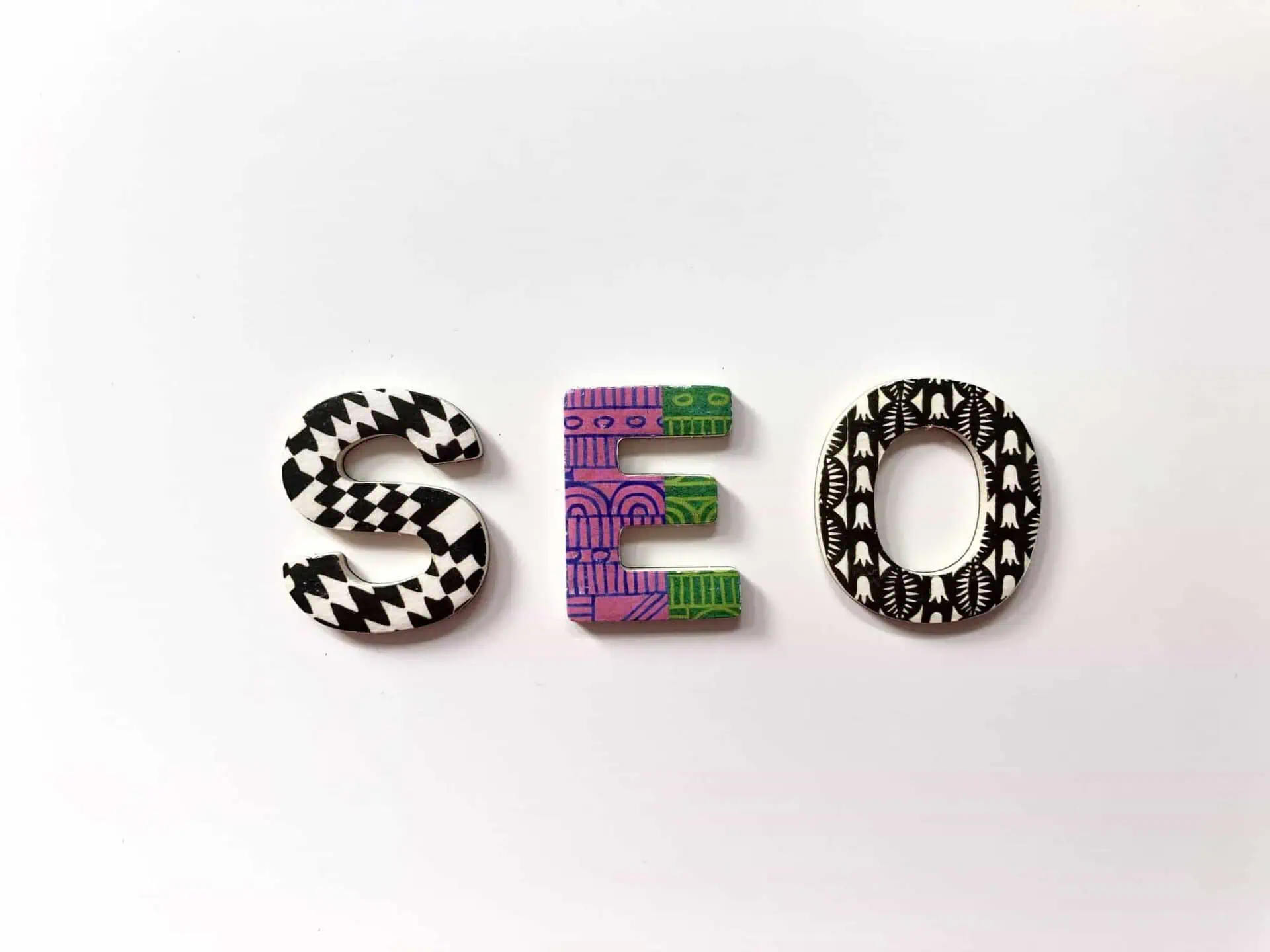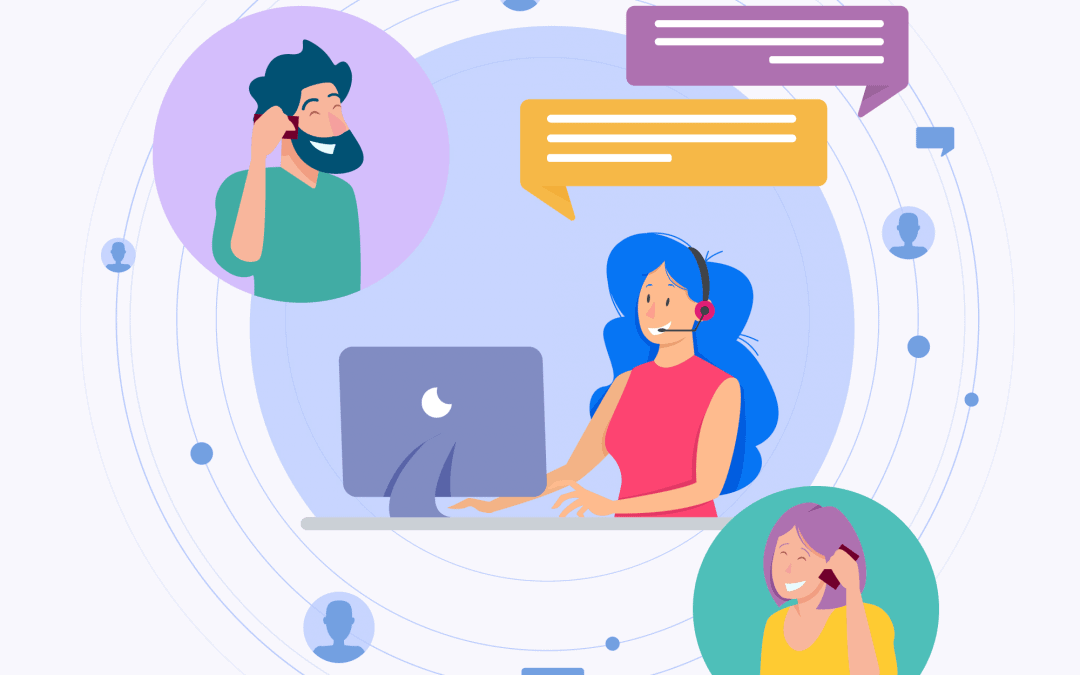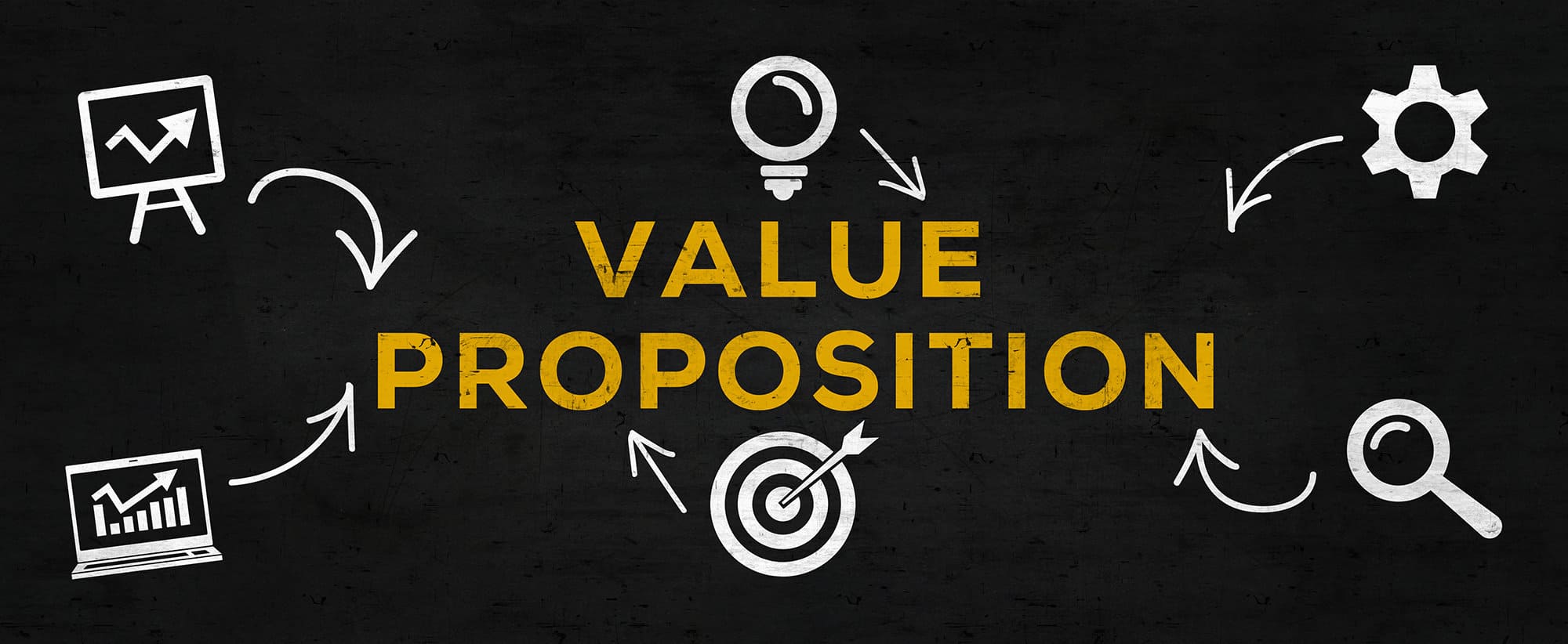Updated on 24 September 2021
Customer loyalty refers to a favorable relationship that exists between a customer and a company. It's what keeps clients coming back and convinces them to choose you over a competition who offers similar services.
In the context of brand, loyalty can be viewed in a variety of ways. People are loyal to a brand because it provides them with a favorable experience, such as excellent customer service, a sense of belonging to the brand's beliefs and ideals, or constant high product quality. It's not about a single product or service; loyalty develops over time as a result of a series of positive experiences that lead to a sense of trust.
Definition of Loyal Customer
A loyal customer is defined as a continuous preference for one company's products and services over those of competitors. Consumers that are loyal to a single provider are not easily influenced by price or availability. They would rather pay a higher price for the same high-quality service and product they are accustomed to. Customer loyalty is earned when a company continuously meets and exceeds the expectations of its customers. According to a study by Rare Consulting, 83 percent of consumers indicated their brand loyalty was based on trust. To put it another way, loyalty is defined by likability and the ability to trust a product or a brand. Customers who have faith in the companies with whom they do business are more inclined to buy from them again.
The video below will be giving a summary of customer loyalty and why is it important.
Importance of Customer Loyalty
Customer loyalty is critical for any business, regardless of its size. Because they are unfamiliar with the services or items offered by a company, first-time clients are more difficult to persuade. As a result, the company requires a full marketing funnel to entice people to buy. Customers who have previously purchased from a particular store, on the other hand, are easier to market to because they know what to expect.
Here are a few reasons why customer loyalty is so important:
- Loyal customers spend more than those who visit for the first time. They have a significantly higher average order value, which rises with the length of time they've been doing business with a company.
- Customers who are loyal to you convert at a higher rate. Existing clients convert at a far higher rate than new ones. A loyal customer's conversion rate ranges from 60% to 70%, whereas a new customer's conversion rate ranges from 5% to 20%.
- It increases profitability. Brands must promote consumer loyalty in order to increase profitability. When client retention rates are enhanced by just 5%, profits increase by 25% to 95%.
- Keeping a current client is less expensive than acquiring a new one. According to studies, acquiring a new customer is 5 times more expensive than keeping an existing one.
- Customer loyalty is beneficial to efficient planning. Customer loyalty allows organizations to better foresee growth, which aids in financial planning. Marketing teams can identify loyal clients who can be counted on, making it easier to make budget-based decisions in advance.
- Customers who are loyal shop on a frequent basis. Repeat clients are more likely to return after a positive experience with a brand. Furthermore, as customers complete more transactions, their likelihood of making future purchases grows.
- During the holidays, repeat clients spend more. While all consumers spend more throughout the busy Christmas season, loyal customers perform significantly better.
Funnel to the Loyal Customer
This concept of how a loyal customers is made is as relevant for startups as it is for established brands & businesses. It basically illustrates the hurdles which are in the way of making any person a loyal customer to a brand. In each step, a potential loyal customer is ‘lost’ due to different reasons. When startups first go to the market, it can be difficult to tell why an outcome is not as expected. With this concept, it is easier to determine where the potential loyal customer gets lost, and, as a result, easier to determine the cause.
Aided Recall
Respondents are showed a brand logo or brand slogan or advertisement. The higher the percentage of respondents who recognize the brand, the higher the particular brand scores in ‘Aided Recall’.
Example, Nestle: Respondents are shown
Nestle’s logo (a) or slogan (b).
Unaided Recall
Respondents are questioned about a specific industry, and which brands they can recall from this industry. In this method, there is no ‘aid’ of showing a brand’s logo or similar – so typically fewer people will recall a specific brand, compared to Aided Recall.
Example, Nestle: Respondents are asked to name brands from the Food Industry.
Interest to Buy
Only a certain percentage of people who is aware of a brand, also is interested in the brand.
Example, Porsche: Porsche scores very highly with Aided Recall & Unaided Recall –which means most people are very aware of the luxury car brand Porsche. However, not everyone is interested in Porsche, or cars as a whole. Interested to buy reflects those respondents who are interested in the brand.
Willingness to Buy
People that are interested in the brand, willing & able to purchase, and actually considering purchase.
Example, Porsche: A 15-year old boy could be interested to buy Porsche. However, he is not willing to actually buy the car (not able to afford + not able to drive it, in this case).
Request
The potential customer who is interested & willing to buy, and has taken the step to request for a purchase.
Example, Airbnb: The potential guest clicks on ‘book apartment’ on the website.
First-time Purchase
The actual transaction has taken place, and the potential customer has been converted into a customer.
Example, Airbnb: The booking was confirmed, the transaction was made.
Usage
The customer actually uses the purchased product. Even though the transaction was made already, it is important the customer also uses the product. Without usage, re-purchase & recommendation to others is unlikely.
Example, Nivea face cream: Only a certain percentage of people who buy the product, will use it. If not used, the brand cannot fulfil its key promises to the customer (rejuvenating, smoothing cream), the customer cannot have a satisfying customer experience, and is likely to not re-purchase the brand.
Re-Purchase
The first-time customer is converted into repurchasing customer, instead of a one-time buyer. If the Customer Acquisition costs are high, this step – the Re-Buy – the retaining of customers, is especially important.
Example: Nivea face cream: Repurchase.
Recommendation
This is the ultimate state of a loyal customer. Not only has the customer purchased, used and re-bought – the customer is so delighted by the experience that he or she will become a maven of the brand, recommending it to others.
Example, Restaurant: Recommending the place to family or friends, or sharing the (positive) experience through Social Media, etc.
Methods To Build Customer Loyalty
To stay afloat and accelerate the growth of their brand, businesses must build a devoted consumer base. We can't overstate the importance of client loyalty activities, especially now. It's also critical to do it correctly, guided by your company's principles and a desire to deliver for your customers. You must gain your customers' trust in order for them to continue to support your brand. Here are a few ways to increase customer loyalty.
Make Your Value Known
You must first identify which features of your brand are deserving of your customers' loyalty before you can enhance customer loyalty. Create a marketing strategy with your team that explains what makes your brand unique, what your purpose is, and how your values fit with your customers' basic beliefs. Your marketing should concentrate on those brand features that are distinctive to your company and allow you to differentiate yourself from the competition. Standing out can often entail taking a stand, which is becoming more popular.
Ask For Feedbacks From Customers
If you want to increase client loyalty, you should ask for input from your customers whenever possible. Customer satisfaction (CSAT) surveys are frequently used after a support encounter to determine how satisfied your clients are with the assistance they got. You may also encourage your customer support representatives to give anecdotal information about how clients respond or frequent challenges they find when working on tickets. You can also look at social media activity or study online reviews in addition to surveys. Negative reviews are unpleasant, but they can be beneficial because they point out specific areas where you need to improve. Taking client feedback seriously also demonstrates to consumers and prospects that you care about them and want to provide a positive experience. This can assist boost customer happiness and loyalty.
Create a Loyalty Program
It is beneficial to incentivize recurring purchases through special offers, discounts, or incentives in order to foster client loyalty. Create your own customer loyalty program if you want to go all out. There are numerous sorts of loyalty programs, including those based on point systems, which are the virtual equivalent of a coffee shop punch card. You may make your consumers feel good about their purchases and encourage them to return by providing them a gift. These kind of loyalty programs make your consumers feel valued and appreciated while also giving you with vital customer data that you can utilize to improve your service. These strategies may improve your short-term outcomes, but because they've become so common, they can fall short when it comes to developing a real relationship with your clients. You should also make an effort to serve your consumers by providing a positive customer experience and adhering to your company's principles. These initiatives, when combined, can help turn repeat consumers into loyal ones.
Conclusion
Excellent customer service demonstrates to customers that you care. As a result, these customers will become loyal and purchase from you on a regular basis. Make a connection with your present clients. They'll continue to engage with your brand and tell their friends and family about it. Customer loyalty and true word-of-mouth marketing go hand in hand.







